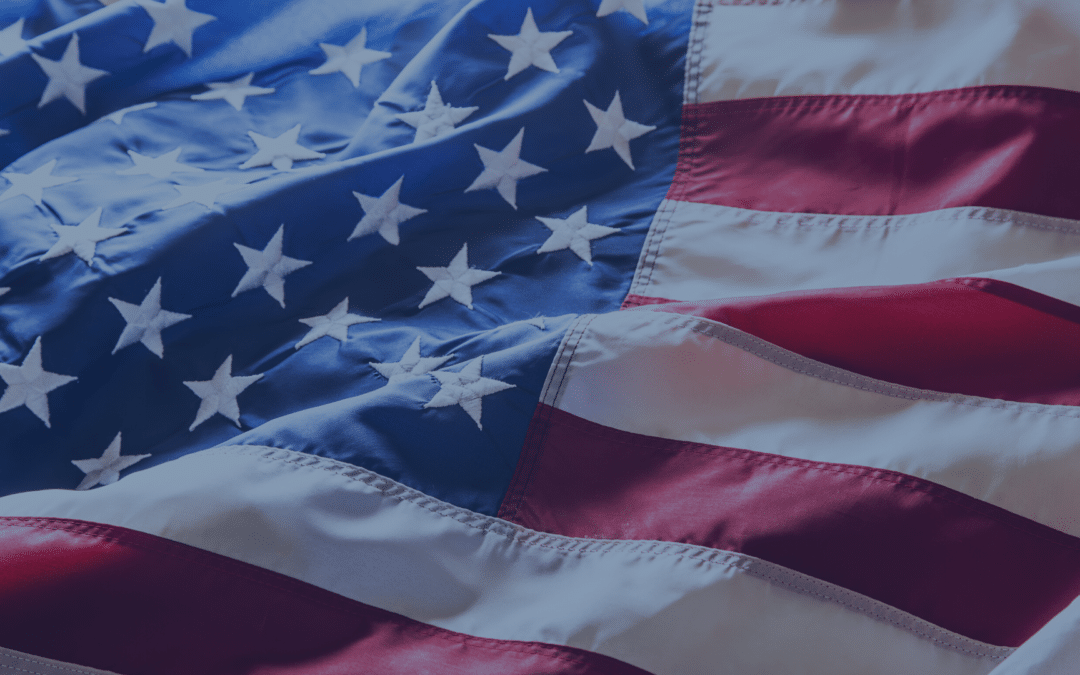This month, communities across the nation will celebrate, honor, and thank peace officers for their service and sacrifice. National Police Week is May 10 – 16 and Peace Officer Memorial Day is May 15; and although most events will be virtual, the spirit of gratitude is sure to be stronger than ever.
During these days of COVID-19, peace officers are on the front lines all day, every day. They are keeping communities safe, patrolling and responding to emergencies, all while covering for colleagues who’ve fallen sick, risking infection personally and oftentimes working overtime or without PPE.
Their heroism on the coronavirus front lines is plenty to celebrate—but it’s worth remembering (and celebrating) all the ways they serve and protect us, and the reason they joined the force in the first place.
Call of Duty
The motto of the Minneapolis Police Department is “To Protect with Courage, To Serve with Compassion.” The NYPD’s is “Fidelis ad Mortem (Faithful unto death).” In Los Angeles, the LAPD’s is “To Protect and to Serve,” and in Texas, the Houston Police Department’s is “Order through law, justice with mercy.”
These mottos speak to the sense of duty that draws these everyday heroes to law enforcement. It’s a profession that demands integrity, honor, intelligence, and a commitment to justice and fairness—and perhaps more importantly, a call to serve a community greater than themselves.
What Do Peace Officers Do?
In simplest terms, their job is to fight and prevent crime, as well as to maintain law and order. However, their duties span a range of responsibilities, including:
-
- Conducting patrol duties on foot or by car, bicycle or motorcycle
- Responding to calls to assist at incidents such as criminal activity, domestic disputes, fires, and public disorder
- Attending collision scenes, vehicle checkpoints and vehicle offenses
- Saving lives
- Delivering death and hospital messages to families
- Conducting initial investigations, gathering evidence, taking statements and conducting arrests
- Searching personal property, individuals, vehicles, premises, and land
- Preparing crime reports and presenting case files to senior officers
- Attending and giving evidence in court and at other hearings
- Building and maintaining community relations, including advice and support in areas such as crime prevention and personal safety
Serving at All Levels
Officers may also choose to work in specialized bureaus or divisions, including the State Troopers, Crimes Against Children, Crimes Against the Elderly, Sheriff Deputies, SWAT, Narcotics, Patrol Officers, Dispatchers and more.
Special law enforcement units exist within local/county agencies, state agencies, and at the federal level. From local police and highway patrol to the FBI, Department of the Coast Guard, and U.S. Secret Service, law enforcement officers serve at every level of government.
In Remembrance
With duty comes risk, and unfortunately every year we learn of those who’ve made the ultimate sacrifice. Every May 15, for Peace Officers Memorial Day, flags are flown at half-mast as the nation pays tribute to those who’ve fallen. You can join the observance by using #PeaceOfficersMemorialDay on social media and sharing your thanks.
Thank an Officer
Besides thanking an officer in person (from 6+ feet away), there are a number of ways you can thank and help them—read our tips here.
This article is furnished by California Casualty, providing auto and home insurance to educators, law enforcement officers, firefighters, and nurses. Get a quote at 1.866.704.8614 or www.calcas.com.
- Graduation – When to Remove Your Child from Your Auto Policy - May 18, 2023
- How to Prevent Catalytic Converter Theft - May 17, 2023
- How Much Does Home Insurance Cost? - May 17, 2023

